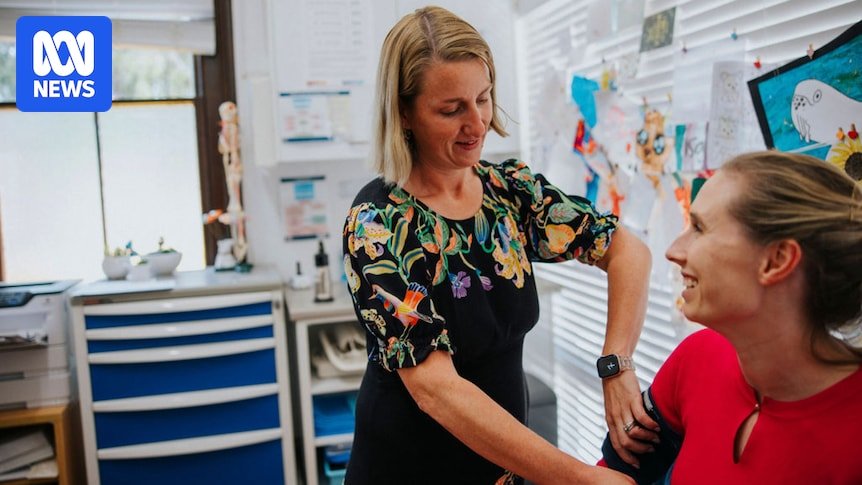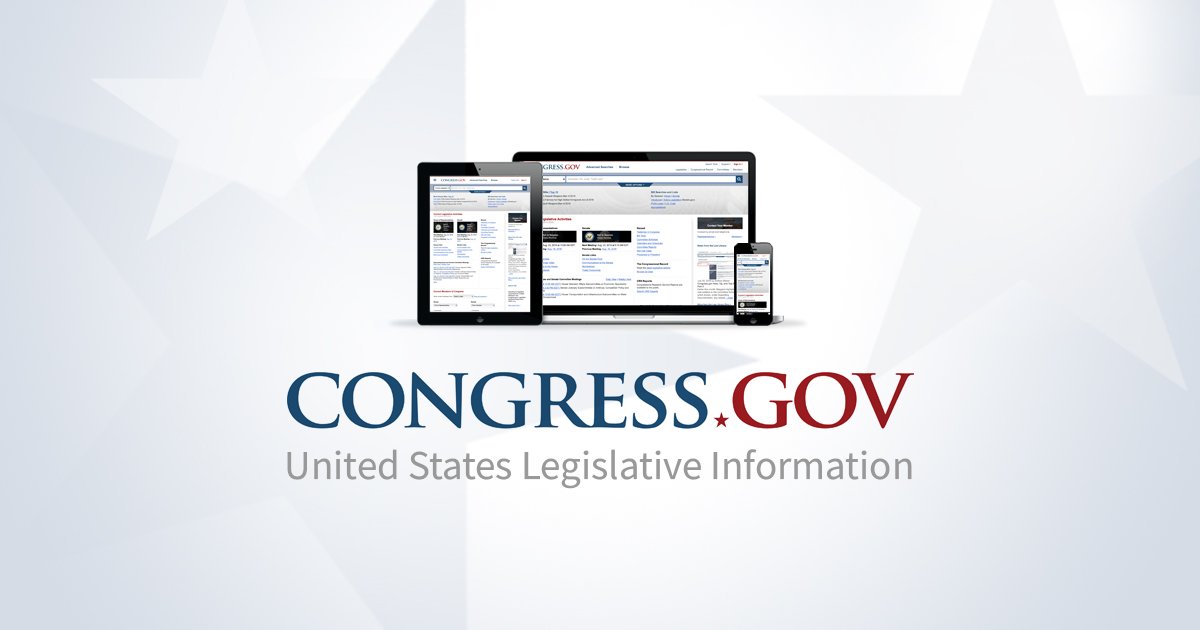The New South Wales (NSW) government plans to implement reforms that will enable general practitioners (GPs) to diagnose and treat both children and adults with attention deficit hyperactivity disorder (ADHD). This decision aims to reduce costs and wait times for those unable to afford private specialists, such as psychiatrists and pediatricians.
Mental Health Minister Rose Jackson stated that the changes will facilitate access to timely treatment for individuals facing financial barriers. “Many people living with ADHD struggle with long wait times and high costs to access necessary medication,” Jackson explained. She emphasized the importance of early diagnosis, particularly for children, as delays can negatively impact their academic and social development.
Currently, patients seeking an ADHD assessment must obtain referrals to specialists, with children seeing pediatricians and adults consulting psychiatrists. Under the new reforms, GPs will be able to apply for training to diagnose and manage ADHD, including prescribing ongoing medications for patients on stable doses.
The reforms align with similar initiatives already enacted in Western Australia and Queensland. Jackson noted that assessments for children are expected to begin by early 2026, while adult assessments will take longer, potentially starting around mid-2026.
The Royal Australian College of General Practitioners (RACGP) has welcomed these reforms, highlighting the financial burden many patients face, with some spending up to $5,000 on assessments and treatments. Rebekah Hoffman, chair of the RACGP in NSW and ACT, expressed optimism that allowing GPs to treat the majority of ADHD cases would enhance access for more complex patients.
The NSW government has not disclosed the exact cost of the training for GPs but has committed to funding the education of 1,000 doctors. A working group comprising pediatricians, psychiatrists, and GPs is currently determining the necessary training requirements.
While the reforms have sparked enthusiasm, concerns regarding potential overdiagnosis have been raised. Patrick McGorry, executive director of Orygen, the National Centre of Excellence in Youth Mental Health, noted the high demand for ADHD diagnoses, particularly among individuals self-diagnosing. He cautioned that the quality of assessments could be compromised, as many people experience mild ADHD symptoms without needing treatment.
Health Minister Ryan Park acknowledged the risk of overdiagnosis but assured that not all GPs would be diagnosing ADHD under the new regulations. He stated, “It is essential for healthcare professionals to use their judgment in these cases.”
Amanda Curran, chief services officer of the Australian Association of Psychologists, stressed the need for collaborative partnerships between psychologists and GPs in diagnosing and treating ADHD to ensure comprehensive care.
According to the Australian Institute of Health and Welfare (AIHW), over 4.6 million prescriptions for ADHD medications were dispensed to nearly 600,000 patients nationwide between 2023 and 2024. The NSW government’s reforms aim to improve access to ADHD care for many who have previously been underserved.



